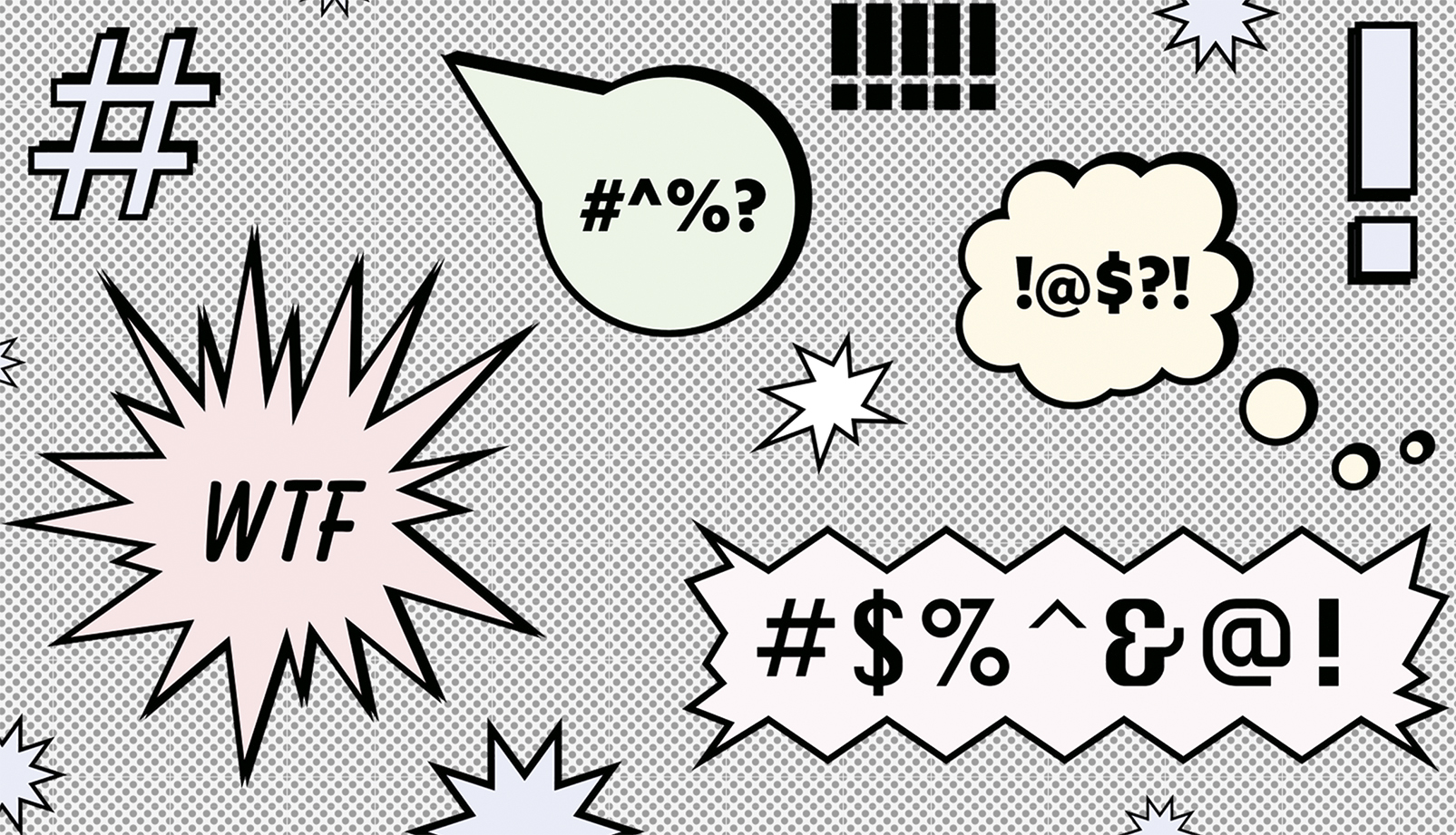About five months ago, I was having dinner with a few friends and we had a conversation. Usually, our outings involve take-out, staying in, watching bad movies, playing cards, with the occasional serious conversation over an ice-cream run.
This specific group has a tendency to forgo all seriousness when together, choosing instead to resort to a lot of high-pitched noises and endearing labels (such as habibi with a strong annunciation of eee). Yes, my 6-feet-tall broad-shouldered boyfriend and his two best friends turn into cute little mischievous fairies at our weekly get-together. I absolutely adore them.
Anyway, the point is having a serious conversation with them is rare. But there we were, sharing horrible McDonalds, and discussing the difference between a thought and an opinion.
At the risk of becoming contradiction-personified, I’m putting forth the argument that not everyone is allowed to have an opinion about something while writing an opinion piece.
Here’s my basis: an opinion is educated, while a thought is merely a thought. What this means is everyone is entitled to think anything they want, whether it’s educated, humane or whatever “right” means. But if you want to have an opinion about something (and call it an opinion), you have to be educated about the subject.
In a simpler example, I can’t say pork is not good if I have never tried it. You won’t go to the local librarian to ask about medication. Taking that into consideration, why would a thought from someone who has nothing to do with the topic matter? Opinions need to come from educated places, not from entitled egos. That’s the first layer of “having an opinion.”
The second layer requires a level of humanity that I understand to be hard for some to achieve. I completely get how hard it must be to not be unkind to people you don’t know. I understand how impossible it is to keep your nose in your own business instead of prying into others’ lives. Yes, I get it, it’s too hard to not impose your unsolicited thoughts on others. Just to be clear, I am being sarcastic.
Being entitled to an opinion isn’t equated with freedom of speech. Something I learned in Canada, that I believe should be the basis of freedom of speech worldwide, is that the law literally says freedom stops when it becomes harmful and slanderous to another person. This means you can’t hide behind “it’s my opinion” to justify your racism, islamophobia, discrimination or unkindness.
“Gay people are not natural” or “religion says homosexuality is a sin and that’s why it shouldn’t exist” are not phrases that fall under opinion. Are you an expert in gays? Yeah, no. You might be an expert in whatever your religion is, but that is why there’s a separation of state and church in most of the world; your interpretation of a religion should not dictate someone else’s life, especially when said religion is so self-contradictory—but this is a different story. There is a consensus though, at least in Abrahamic Religions, that it’s God who judges. It’s very simple, it’s not under your jurisdiction to decide how someone else should live.
You’re allowed to think whatever you want. But once you voice it and present it as an opinion to be taken into consideration, there’s a social responsibility to preserve humanity. The ideas that are put forth influence the way a society functions; sharing an “opinion” that is based on discrimination perpetuates racist and discriminatory behaviour.
Instead of calling it an opinion, start by simply calling it a thought.
Remember that right and wrong is subjective, and again, at the risk of contradicting the purpose of this piece, here’s some advice: whatever your “right” or “wrong” is, if it devalues the existence of someone, their right to be, keep it to yourself.
Graphic by @sundaeghost
